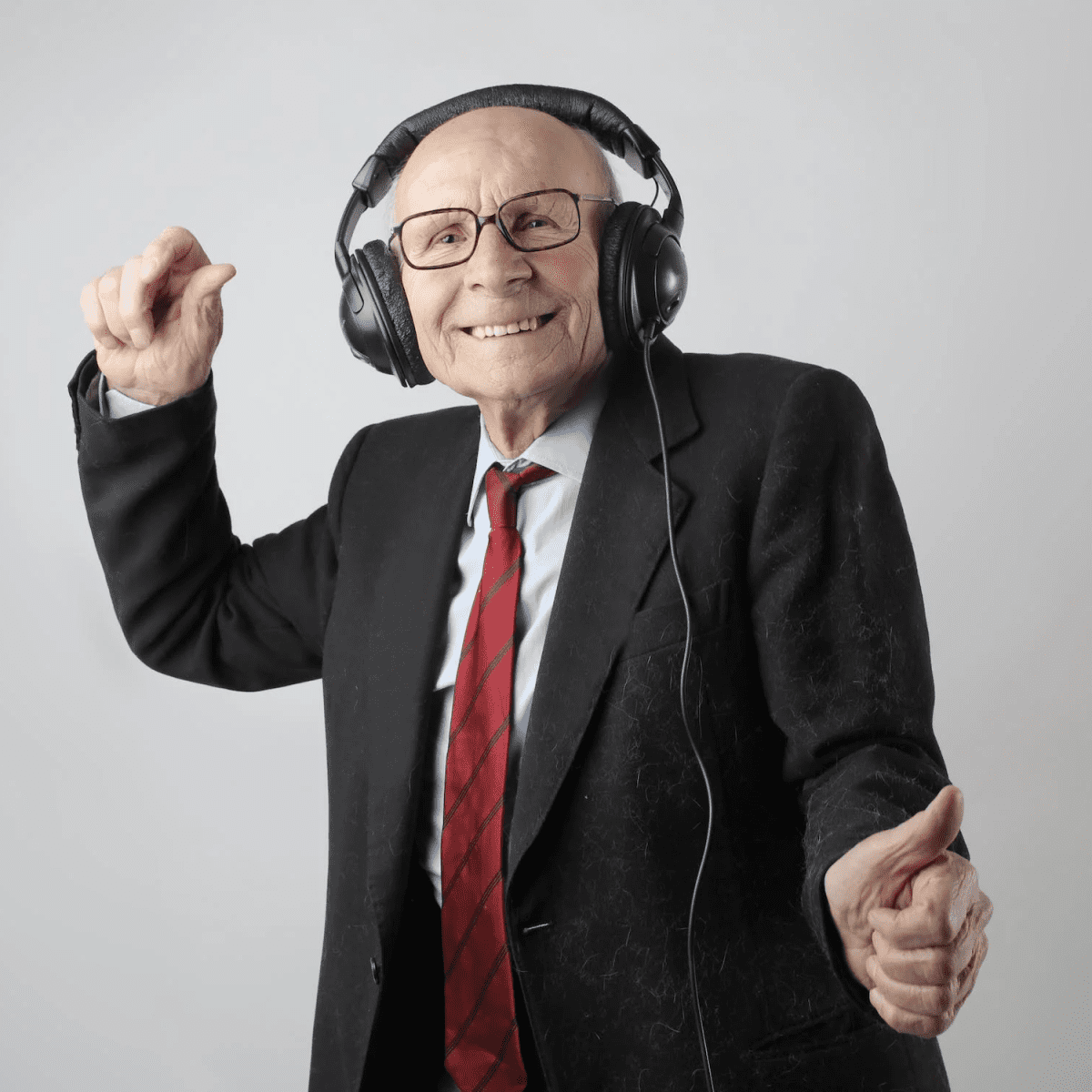Music is a potent medium with an integral portion of our everyday lives. Music enters, from advertisements to anthems, from nursery rhymes to the self-repeating jingles we use as a memory device.
Within your teenage life, most of friends and family likely heard precisely the same, or similar, music and artists. Shared music can make a sense of community and togetherness, potentially introducing one to people you’d haven’t ever met.

Certainly one of music’s main benefits is bringing together individuals who might not exactly otherwise know each other. For folks or grandparents who cannot communicate as effectively on account of medical or language barriers, songs, melodies, and sounds can bring unity without the need for words.
Sometimes, culture could possibly get lost between generations, especially if languages aren’t passed on. Music can connect the older and younger generations which help preserve culture, as a parent or grandparents often share cultural traditions and stories through songs or teaching instruments.
Encourages exercise and health
Once they hear a good beat, a lot of people can’t help but move a little – even if they “can’t dance.” Whether your loved one is regularly at the gym, likes to carry on walks, or simply wants to dance, music is an excellent supply of them through to their feet.
Exercise is vital to a healthy lifestyle since it strengthens muscle tissue and bones, decreases the probability of disease and illness, and improves overall mobility and quality of life. Many people aren’t partial to a fitness center, but that’s only one way to exercise! A good song can get your heart pumping plus your body moving.
Can improve mental health
Music can drastically affect our feelings whilst of mind. It’s which may reach deep emotional parts of the mind and evoke strong emotions. Happy, joyful music triggers our brain’s dopamine receptors, which leads to mood boosts as well as a more positive outlook on life. In comparison, sad music tends to possess the opposite effect.
How you feel will more than likely do the same with regards to the type of music you listen to. As an example, when visiting the gym, athletes often play hype music to assist them to push for his or her best, and composers use intense music to trigger fear, surprise, and suspense in film scores.
Music can help those who suffer from anxiety or depression by calming and reducing those feelings. Some therapists use music to discover emotions individuals don’t necessarily possess the words to express.
The best songs for seniors are the ones this mean something to them. Ask your spouse regarding favourite songs, or introduce them to something new!
It improves concentration while focusing.
Playing a guitar is an excellent method to build concentration while keeping focused. Many new skills require steady attention and perseverance to perfect. Studies show that learning a guitar strengthens the grey matter from the brain, fosters more communication relating to the all over the place sides in the brain, and improves overall cognitive ability.
Consequently, people who play musical instruments have better concentration, memory, fine motor skills, and overall brain strength. This fact remains true even though you started learning as an adult.
If the cherished one has always aspired to learn how to play music, cause them to become do this. Not only does learning a device improve cognitive function, but it’s also fun! It can introduce new friends and new experiences.
Music is connected to memory.
Sound is a close second to smell when it comes to essentially the most memory-linked senses. Music features a distinct method of triggering our memory, as certain sounds and songs often emphasize memorable moments we keep all-around our hearts. They could help bring us back to the places we’ve been that assist us remember fondly the people we knew.
Therapists recommend or integrate music therapy for those with Alzheimer’s or dementia. Despite the condition, music often revives memories that would preferably be forgotten. For musicians especially, there has been most all cases where muscle memory gets control of, and despite the presence of dementia, they are able to play and improvise songs perfectly.
However, the most frequent use of tunes and melodies is always to ease the anxiety and depression that can come with all the diagnosis and progression of dementia. Experts say the best music for seniors with dementia is familiar, calming or happy.
Even though your parent or grandparent doesn’t have dementia, music can revive fond memories and transport it well to “the good ol’ days.”
To encourage healthy living, a number of our locations have music programs to supplement our memory care program and improve our residents’ quality of life. For example, our Seasons Amherstburg location hosts weekly music days where our staff talk with residents to help them feel cared for and included.
Ways to help your loved one incorporate music in their life
Now that you’re acquainted with some of the important things about music, here are several ways you can integrate the best thing about music into your parent or grandparent’s lifestyle:
Curate a playlist over a CD or possibly a music-playing website (i.e., YouTube, Spotify, etc.).
Find live music in your area. (i.e., A jazz bar, a faculty band or perhaps a musical theatre show).
Introduce them to a music streaming platform and teach them using it to discover their favourite songs.
Recommend music therapy.
Cause them to become learn a device, sing or dance.
Cause them to become enroll in a dance class or choir group at a community centre or church.
Conclusion
Music is a beautiful approach to express things that cannot be expressed through words. Hence, it’s an excellent method for seniors to help remedy stress, grow their mood, and improve their overall lifestyle.
To read more about retirement songs see this popular website
